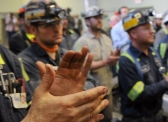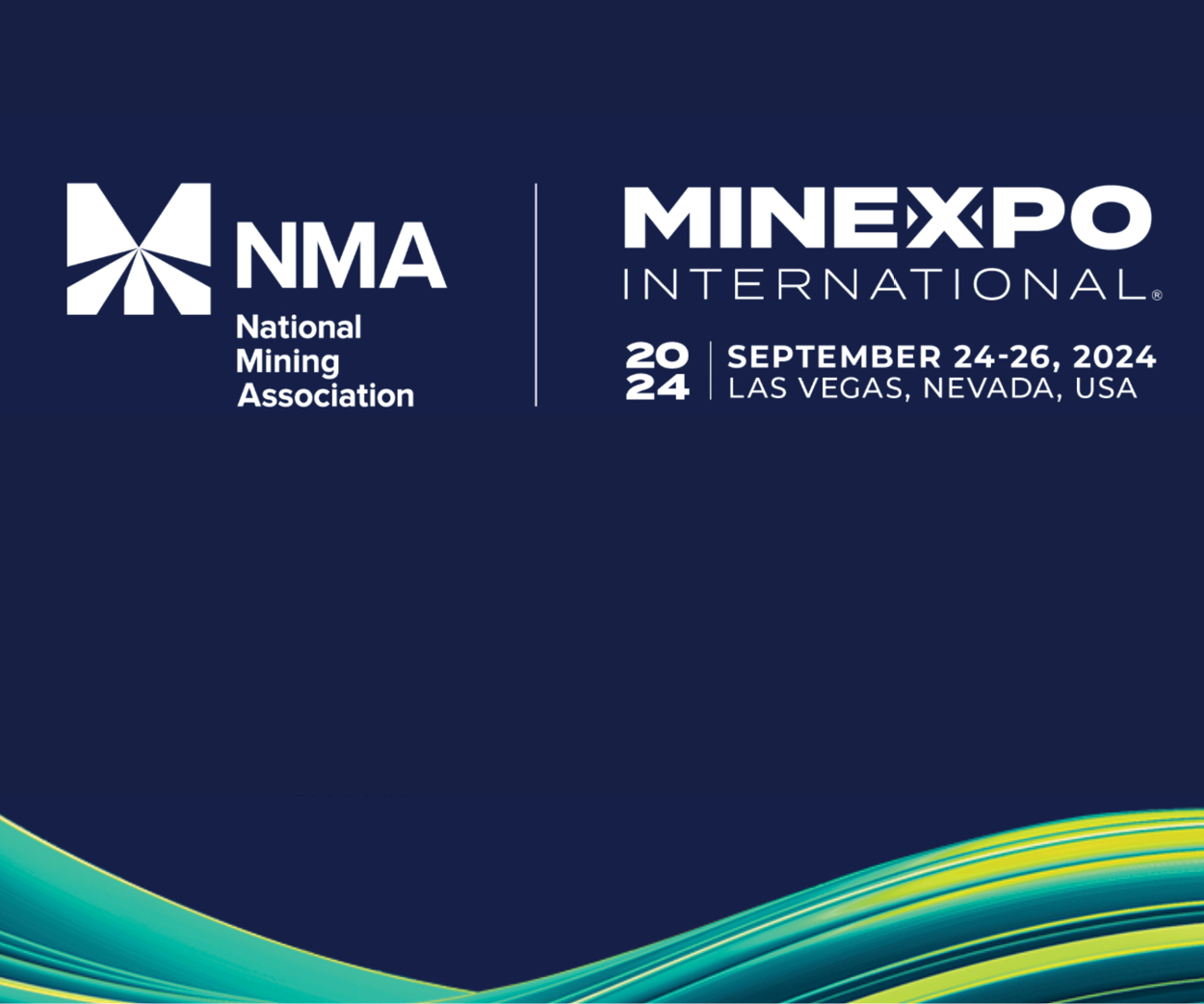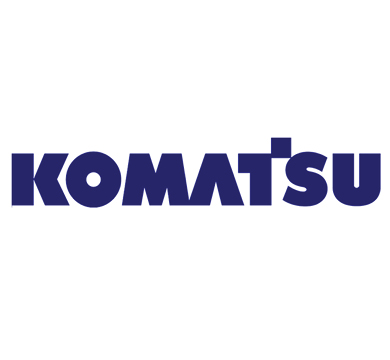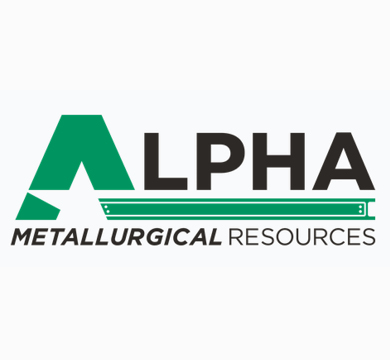GOP Crafting New Health Care Plan for Retired Unionized Coal Miners

Coal miners applaud U.S. EPA Administrator Scott Pruitt as he addresses those April 13 at Harvey Mine in Sycamore, PA.
[Click image to enlarge]
Coal companies say a new Republican plan to extend retiree health benefits is fair, but unionized miners worry it will siphon federal resources they believe should be used for their pensions.
The measure, which hasn’t yet been introduced, shifts the cost of retiree health insurance from coal companies to the federal government. The change would apply to coverage for unionized miners with retirement dates after 1994.
The legislation would greatly expand the scope of the current Miners Protection Act, which now provides government health insurance only to unionized retirees of coal companies that have gone through bankruptcy or are no longer operating. The act was meant to help “orphan” retirees who were promised benefits by employers that closed or became insolvent.
Congress is under pressure to do something as the Miners Protection Act expires at the end of this month, jeopardizing health care coverage for 22,600 retirees including 2,000 in Pennsylvania.
The act is funded through the Abandoned Mine Reclamation Fund, financed by about $200 million annually in fees paid by coal companies. The fund now has a balance of $2.5 billion. That’s money that some lawmakers — including Sens. Joe Manchin, D-W.Va., and Shelley Moore Capito, R-W.Va. — want to use to cover orphan miners’ pensions.
The emerging GOP proposal, spearheaded by U.S. Rep. Tim Murphy of Upper St. Clair, would divert that money to provide health care benefits for retirees from profitable coal companies that already are providing that coverage.
According to the United Mine Workers of America, which opposes the plan, it would cost about $2.5 billion over 20 years to cover the additional retirees. That would drain the reclamation fund without covering pensions — something many Republicans fundamentally oppose because they don’t want to open the floodgates to retirees from other industries whose pension funds are running dry.
Unionized mine workers say it wouldn’t. They’re the only ones the federal government made a promise to in 1946, when it ended a strike by temporarily taking control of mines and agreeing to provide health and pension benefits.
Conservatives, including those from the Heritage Foundation, say that commitment ended when the government returned control to mine operators a year later, but the United Mine Workers of America disagrees.
The country has an obligation to mine workers, and the new proposal puts that in jeopardy by providing “corporate welfare” to profitable mining companies that don’t need it, said UMWA spokesman Phil Smith.
“The government is supposed to step in only for companies that go bankrupt or are no longer operating. That’s why this was set up. Consol and these other companies are trying to say forget that,” Mr. Smith said. “They want to be absolved of their obligation [to cover health care] even though they’re not in trouble.”
Solvent coal companies say the bill addresses unfair competition they face from rivals who underwent bankruptcy and, as a result, have been able to shift the costs of their retirees’ benefits to the federal government.
“A more equitable approach that doesn’t put those that were able to survive the downturn at a competitive disadvantage is the better, fairer option,” CONSOL Energy spokesman Brian Aiello said.
“Certainly the orphan miners should be protected, but we don’t believe that picking winners and losers in the industry — and essentially rewarding failure — is the right answer,” he said. “A more comprehensive approach covering all miners is something all parties should be able to rally around.”
Mr. Murphy was not available for comment Monday, Tuesday or Wednesday. His office did not respond to questions about his legislation, but did provide written assurance of his interest in protecting miners.
“Every inch of Congressman Murphy’s Southwestern Pennsylvania district sits atop coal, and nothing is more important to him than protecting our coal heritage by fulfilling the commitment to both active and retired miners who have devoted their lives to coal production,” Murphy spokeswoman Carly Atchison wrote. “As we near the April 30th deadline on funding health benefits, Congressman Murphy is actively engaged in the legislative process to deliver both on the promise to orphan retirees and to keep active coal miners working in their profession long into the future.”
Congress returns to Washington Monday after a two-week recess.
Source: (April 20, 2017) Pittsburgh Post-Gazette
Be in-the-know when you’re on-the-go!
FREE eNews delivery service to your email twice-weekly. With a focus on lead-driven news, our news service will help you develop new business contacts on an on-going basis.
CLICK HERE to register your email address.






















